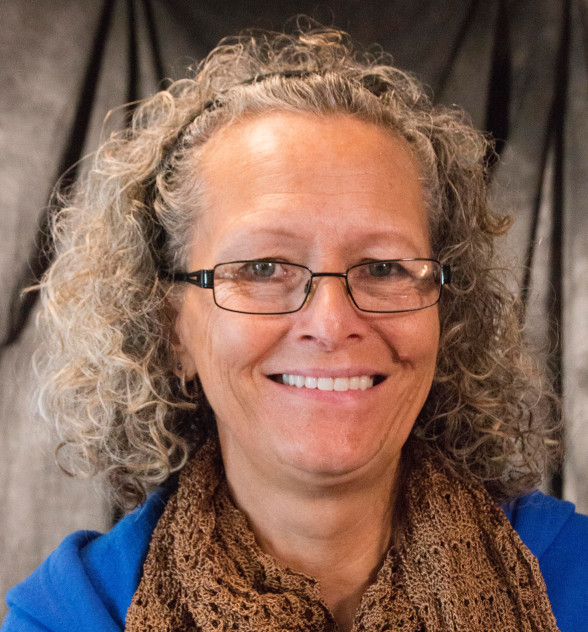We continue to share written or video stories, poems, and other stories of interst from our members, as part of o ur World Alzheimer's Month - Dementia wareness Month activities. Today we are sharing a presentation made by DAI Board member Phyllis Fehr.
On June 8, Phyllis provided a statement for the United Nations Online Regional Consultations with people with disabilities and their representative organizations in the Caribbean and North America;
“From isolation, invisibility and segregation into inclusion of people with disabilities in the community. Identifying and overcoming barriers to the successful process of deinstitutionalization”
How people with disabilities isolated, marginalized, excluded, segregated or institutionalized in the Caribbean and in North America regions? How can these practices end?
As a woman living with Young Onset Dementia, I sat back with dread, fear and utter disbelief as I watched what was happening in the long-term care sector for people living with dementia.
These people were being further isolated and segregated. They were subject to disgraceful living conditions, in some instances. They were placed in their rooms with no interaction from others. Some received no assistance with activities of daily living or feeding. They were unable to have visitors or even accept video calls in the early stages of the COVID pandemic.
I watched as the early numbers grew and grew and, I watched as these people were not given a choice as to what was happening to them with regards to their care. I also watched in amazement at how decisions were being made about, and for, people living with dementia without any input from them or a family carer. This in itself scares me and makes me wonder what it’s going to be like when I need to go into care, after I can no longer care for myself.
Some people with Alzheimer’s disease [or other dementias] are unable to understand what’s happening or even communicate their needs or understandings. That is why I would like to see the care settings turned into small 4 to 6 bed residences, with a home-like environment, within a residential community – where the paid care staff are able to learn, have human rights training and have a better understanding of the person they’re caring for. That way they are seen as an individual not as a patient.
Moving from a medical model to a more social model of care, clients will get more personalized care in a more understanding setting. This type of setting will help to alleviate the spread of infections and diseases throughout, not like in large institutions. It will help to minimize the devastation that happens to people in institutional settings. In these smaller group settings, people living with dementia will have more contact with care givers and will not feel the isolation they experienced in the larger setting, during the COVID epidemic.
The staff-to-patient ratio will be much better rather than eight-patients to one nurse. it could be three patients to a Personal Support Worker. This will greatly improve the actual hands-on-care, the understanding, and the standard of care that these patients will receive. We could have multiple homes in one neighbourhood, allowing for visits and get-togethers with other homes.
We know that people living with dementia do much better when they are kept engaged and are able to interact with others. In small group home settings, this is more achievable than in the larger settings. I firmly believe that this is the way to go in the future, so that we are able to remain in our community and have a sense of belonging.
We may have a cognitive impairment, but we are still able to understand and engage until late in the disease process. We all have human rights let’s abide by them.
Thank you for your time.
Phyllis Fehr, 2021

